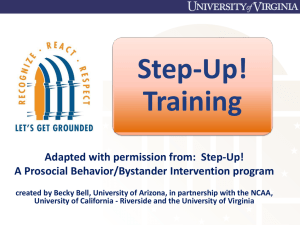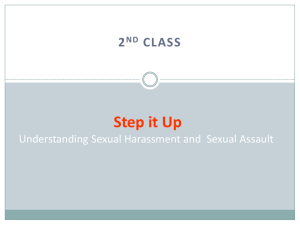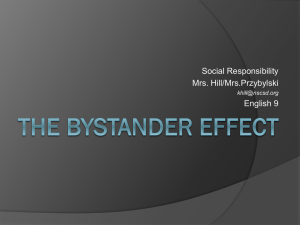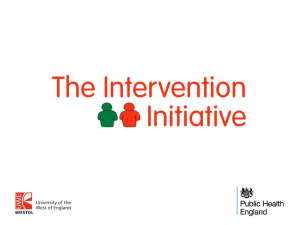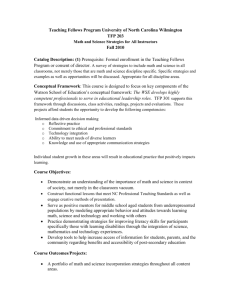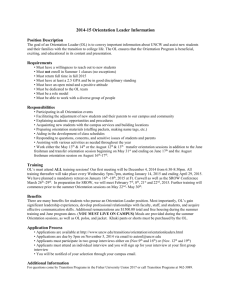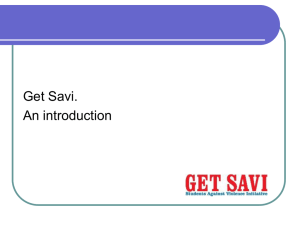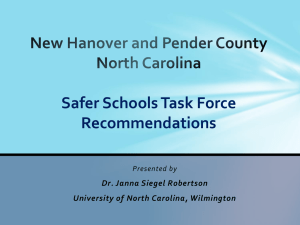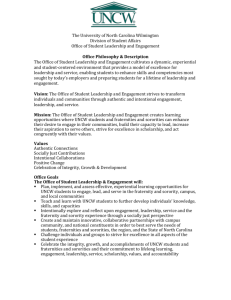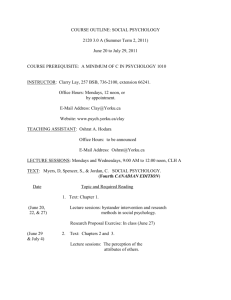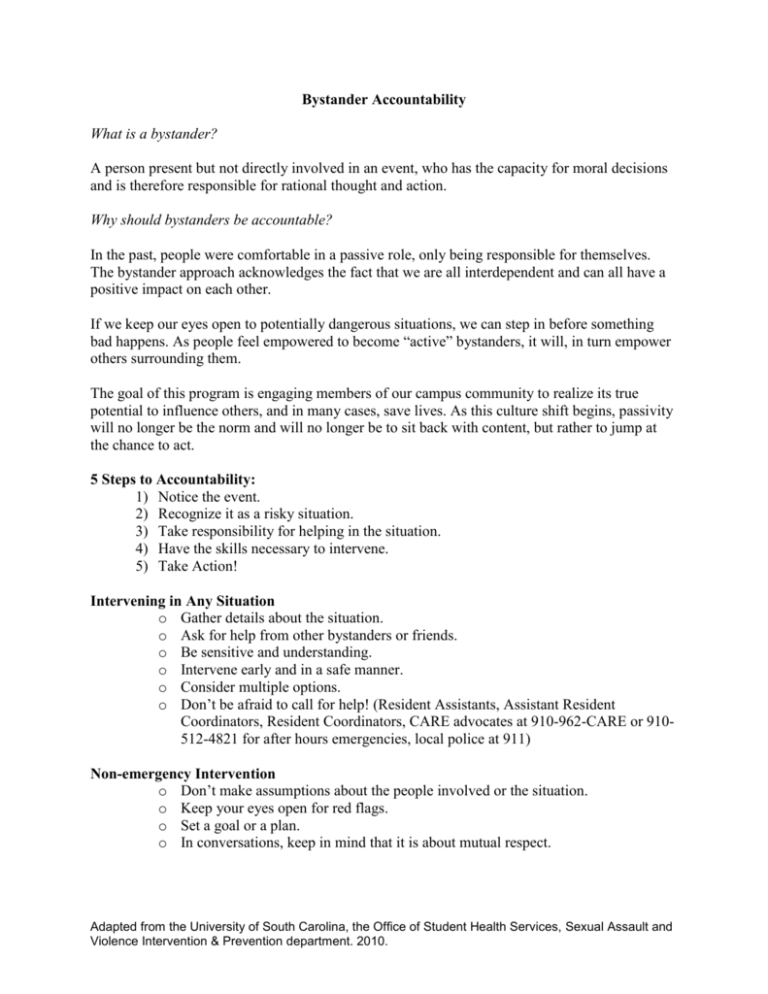
Bystander Accountability
What is a bystander?
A person present but not directly involved in an event, who has the capacity for moral decisions
and is therefore responsible for rational thought and action.
Why should bystanders be accountable?
In the past, people were comfortable in a passive role, only being responsible for themselves.
The bystander approach acknowledges the fact that we are all interdependent and can all have a
positive impact on each other.
If we keep our eyes open to potentially dangerous situations, we can step in before something
bad happens. As people feel empowered to become “active” bystanders, it will, in turn empower
others surrounding them.
The goal of this program is engaging members of our campus community to realize its true
potential to influence others, and in many cases, save lives. As this culture shift begins, passivity
will no longer be the norm and will no longer be to sit back with content, but rather to jump at
the chance to act.
5 Steps to Accountability:
1) Notice the event.
2) Recognize it as a risky situation.
3) Take responsibility for helping in the situation.
4) Have the skills necessary to intervene.
5) Take Action!
Intervening in Any Situation
o Gather details about the situation.
o Ask for help from other bystanders or friends.
o Be sensitive and understanding.
o Intervene early and in a safe manner.
o Consider multiple options.
o Don’t be afraid to call for help! (Resident Assistants, Assistant Resident
Coordinators, Resident Coordinators, CARE advocates at 910-962-CARE or 910512-4821 for after hours emergencies, local police at 911)
Non-emergency Intervention
o Don’t make assumptions about the people involved or the situation.
o Keep your eyes open for red flags.
o Set a goal or a plan.
o In conversations, keep in mind that it is about mutual respect.
Adapted from the University of South Carolina, the Office of Student Health Services, Sexual Assault and
Violence Intervention & Prevention department. 2010.
Emergency Intervention
o Try to keep everyone calm.
o Know your exit strategies.
Understand that situations can escalate quickly.
o Be clear and concise when asking for help.
o Keep yourself and others safe.
o Tell whoever involved that you are committed to helping them.
o Encourage value-based decisions.
Why don’t people intervene?
Attention: People don’t notice what’s going on around them.
Interpretation: People don’t interpret the event as an emergency or as a serious problem.
Fear: People are afraid of what others will think if they do intervene.
Irresponsibility: People think someone else will help the person.
Skills: People don’t know how to intervene.
Blame: People blame the person for getting him/herself into the bad situation.
Avoidance: People assume it is none of their business.
The Five-Point Formula of Intervention
Adapted from University of Massachusetts, Amherst Health Services,
Virginia Alcohol Safety Action Program, and The BACCHUS Network.
I Care
Let the person know you care about him/her, and because of the significance of your
relationship, you need to discuss something very important. Both starting and ending the
discussion with an emphasis on your genuine concern, caring and respect sandwiches the
difficult feedback you’re giving between two strong positives. Choose words you are
comfortable with that fit your style.
I See
Report and review the actual events with your friend, as you perceive them. Remember, you are
evaluating the behavior, not the person. Try to limit your statements to observable, irrefutable
facts. The more you have the better.
I Feel
Tell the person your own feelings using “I-statements” to reveal your feelings. I-statements begin
with the word "I” and can be used when you wish to be assertive, but don’t want to put your listener on
the defense. You can use I-statements to take “ownership” of your feelings, rather than making an
impression that they were caused by your listener.
I Want
Tell the person what you would like to see happen.
I Will
Specify what you will or will not do. Only set ultimatums if you can, and will, stick to them.
Adapted from the University of South Carolina, the Office of Student Health Services, Sexual Assault and
Violence Intervention & Prevention department. 2010.
Bystander Accountability Information
Bringing in the Bystander (University of New Hampshire)
http://www.unh.edu/preventioninnovations/index.cfm?ID=BCC7DE31-CE05901F-0EC95DF7AB5B31F1
Step Up Program (University of Arizona)
http://www.stepupprogram.org/
Responsibility Project (Liberty Mutual)
http://www.responsibilityproject.com/
Violence Intervention & Prevention Center (University of Kentucky)
http://www.uky.edu/StudentAffairs/VIPCenter/learn_pbpv.html
Sexual Assault Resources & Education (William & Mary)
http://web.wm.edu/sexualassault/swf/playbook/playbook.html
Important Numbers
CARE: (910) 962-CARE or (910) 512-4821 for after hours emergencies
http://www.uncw.edu/stuaff/care/
UNCW Police Department dispatcher at (910) 962-2222
http://uncw.edu/ba/police/
Counseling Center (910) 962-3746
http://uncw.edu/stuaff/counseling/
Office of the Dean of Students (910) 962-3119
http://www.uncw.edu/stuaff/odos/
New Hanover Regional Medical Center at (910) 815-5002
http://www.nhrmc.org/
Cape Fear Memorial Hospital at (910) 910-452-8100
http://www.nhrmc.org/body.cfm?id=26
Any Emergency- 911
Adapted from the University of South Carolina, the Office of Student Health Services, Sexual Assault and
Violence Intervention & Prevention department. 2010.

